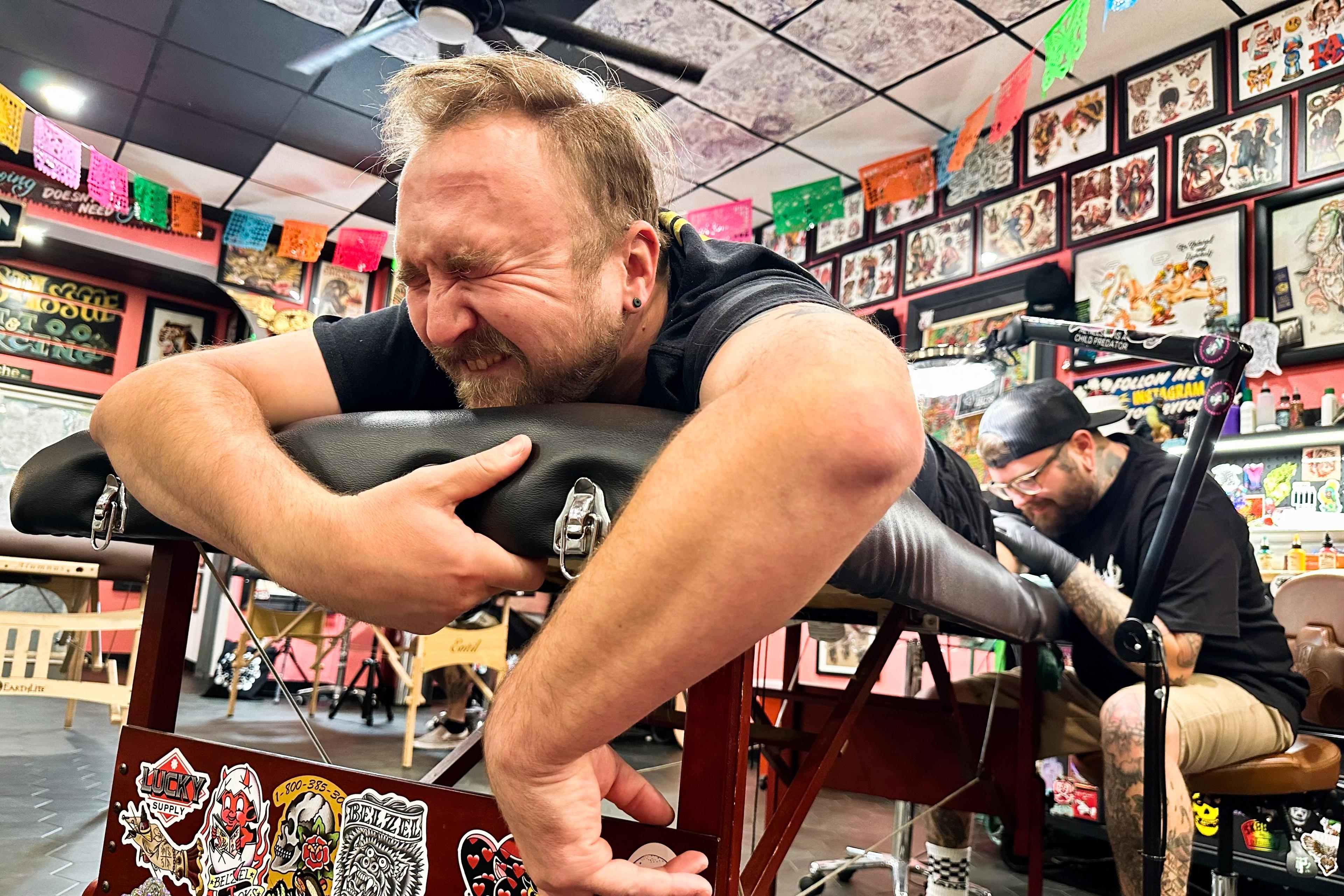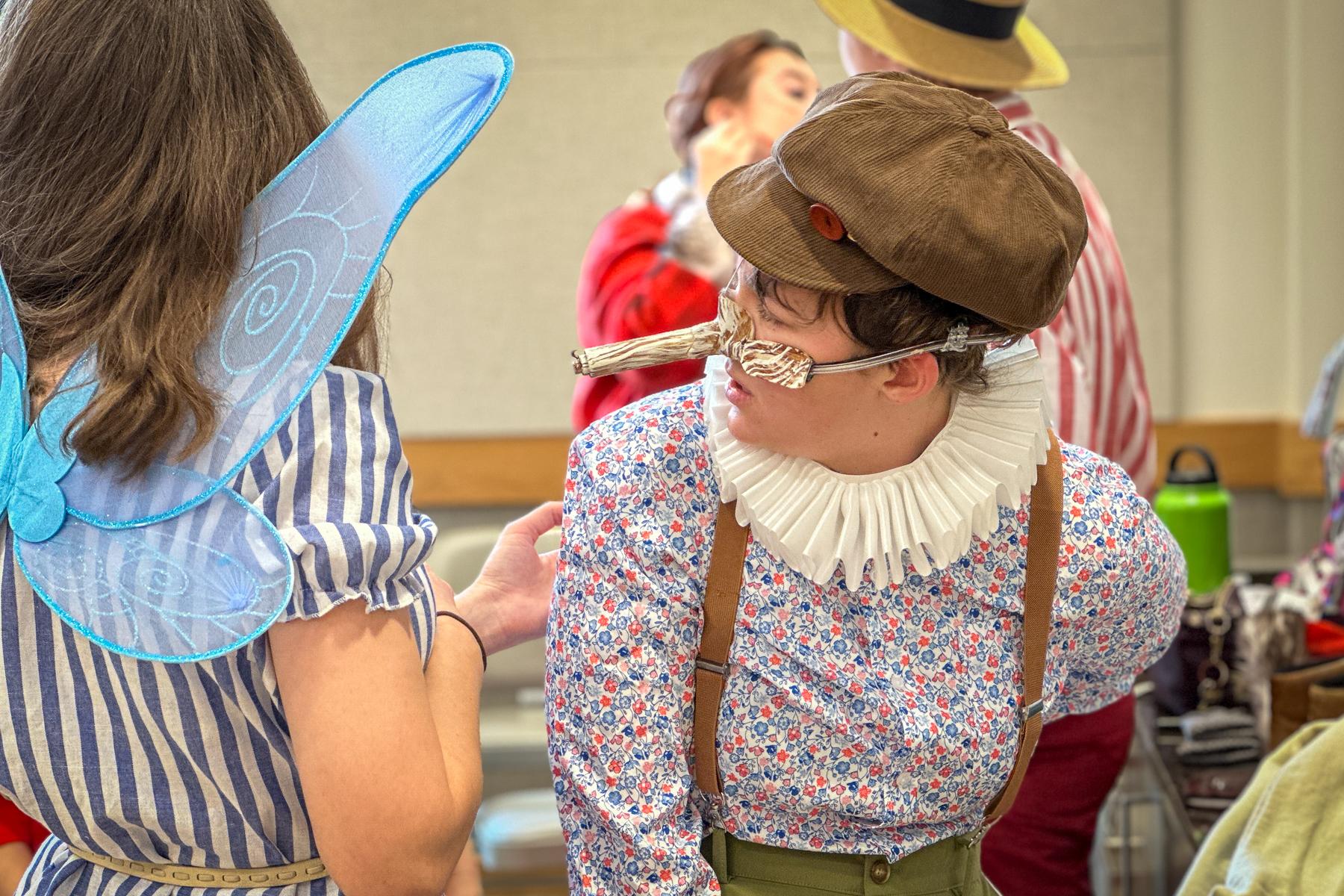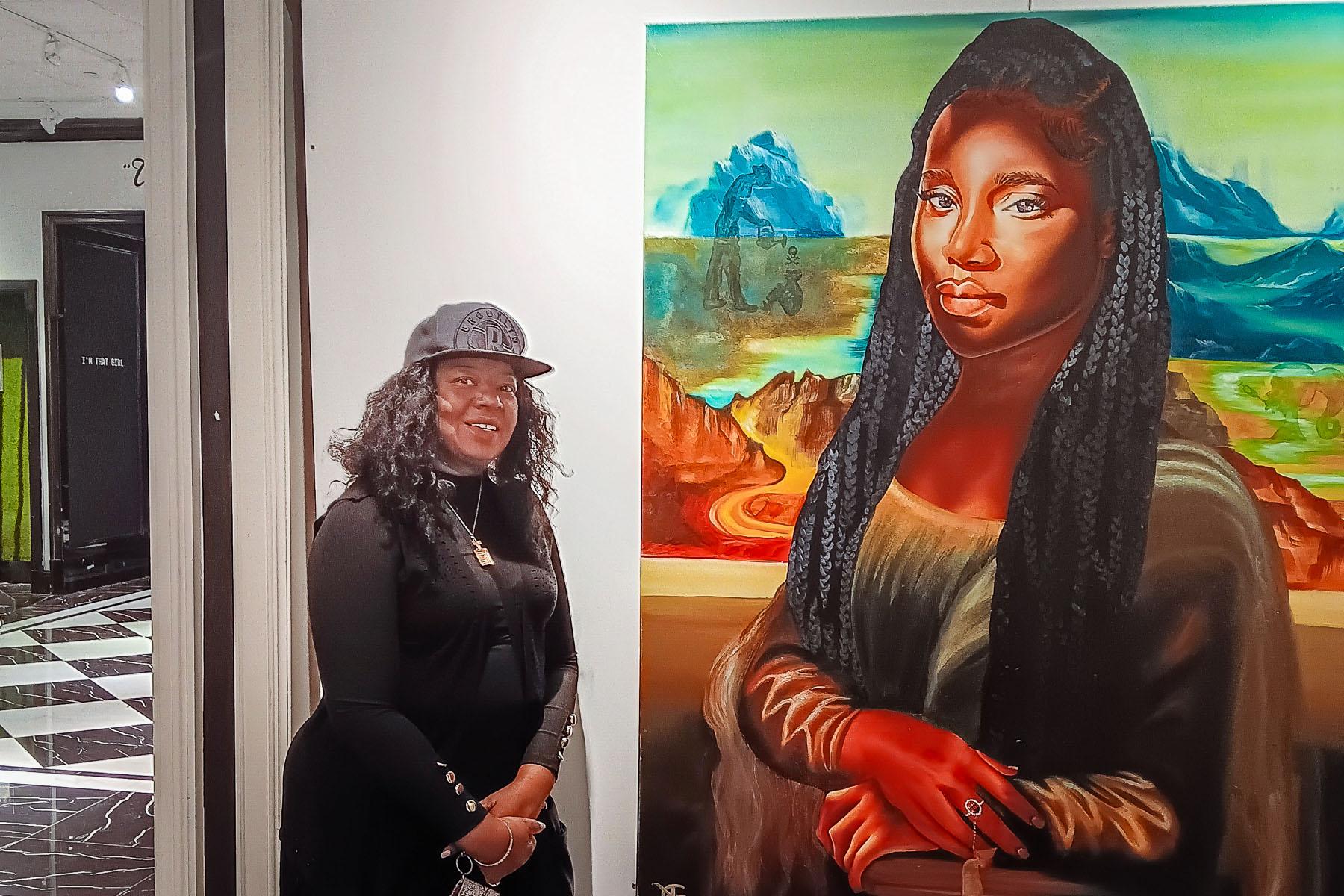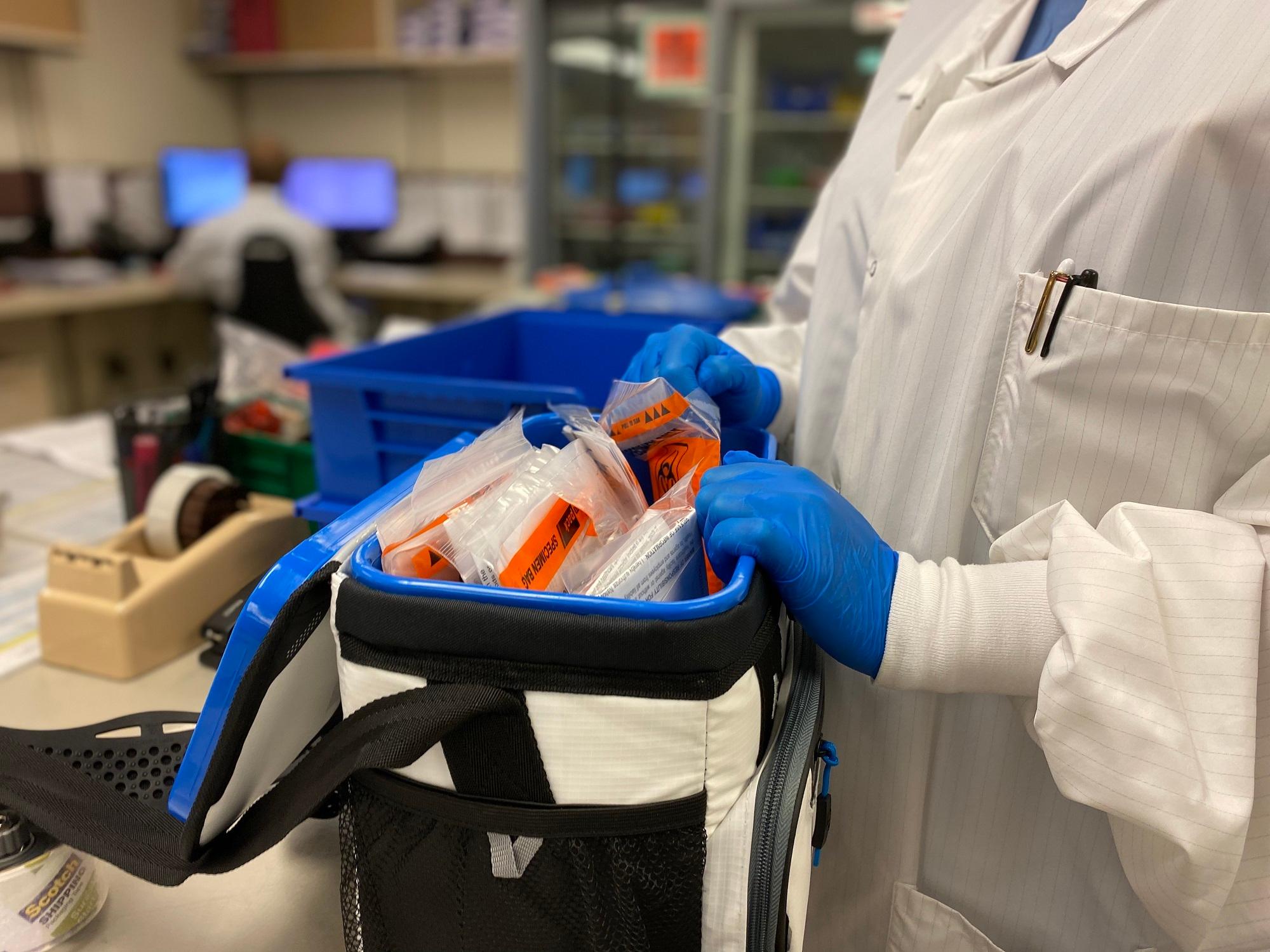
If you’ve wondered whether you’re already had the coronavirus, you’re not alone. As Colorado clinics and doctors ramp up testing in the last few weeks, some people are paying top dollar — around $100 — to take a serology test designed to detect antibodies for COVID-19
“I think all of us have probably felt this moment within the last three months where we think, ‘Gosh, I had, I had this really weird cold and it had X, Y and Z symptoms. Wouldn’t it be interesting to understand if I had been exposed?’” said Heather Signorelli, a physician and Chief Lab Officer for HeathONE, a network of hospitals in metro Denver.
The idea is if you have been exposed and have had COVID-19, there’s a chance you’ve developed antibodies to the virus, which is what the tests look for.
National Jewish Health started offering the tests in Denver a little over a week ago and they’ve been booked, doing about 275 antibody tests a day with plans to ramp up to 500 a day. People have high hopes that testing positive for the antibodies gives them a degree of insurance to be out and about, at the office, with friends and, at some point, in a restaurant.
National Jewish said it’s offering the tests because of broad public interest and yet, even the hospital’s own doctors are trying to temper the enthusiasm for the now widely-available tests. That’s because researchers aren’t sure whether a person who has anti-bodies is in fact immune.
“There’s some evidence to suggest that might be the case,” Finigan said. “But we certainly don't know that and we can’t state that it does.”
In addition to that, a recent study California researchers finds many of the antibody tests turn up a large percentage of false positive and false negative results.
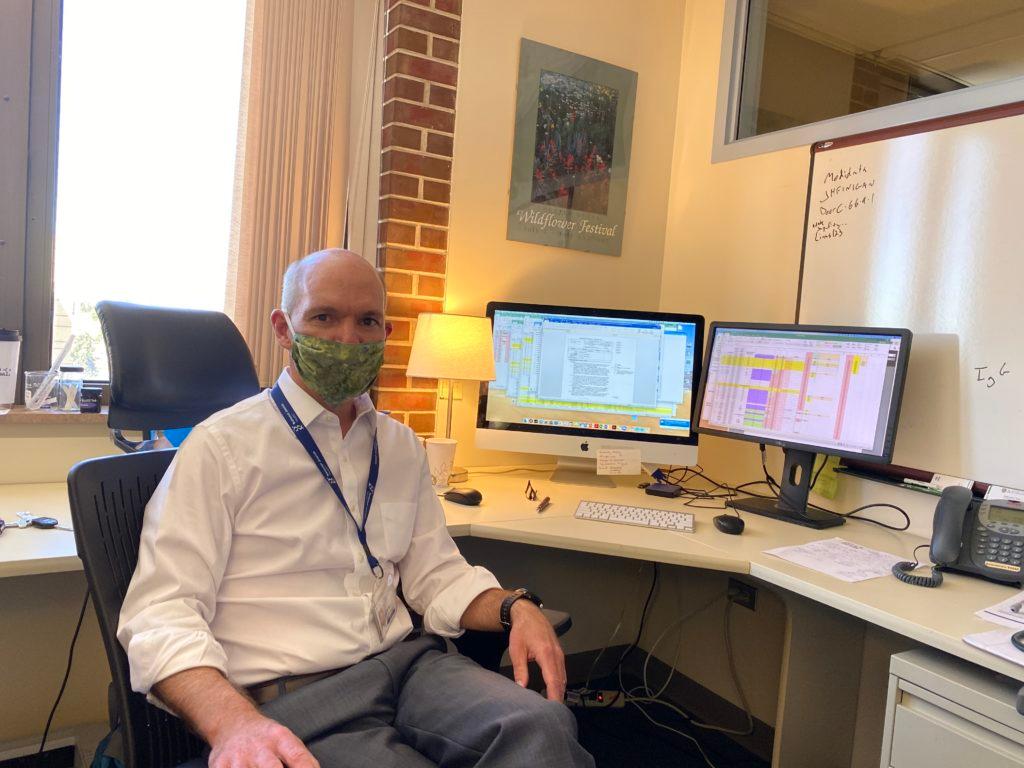
Dr. Finigan said no test is ever 100 percent accurate but he’s confident about the hospital’s own testing. National Jewish uses a high tech analyzer called ELISA for its testing and Finigan said the hospital vetted its test before it started offering it to the public.
“We've run samples on patients who we knew had COVID-19,” said Finigan. “We ran samples on patients who we knew didn't have COVID-19 -- because we had stored samples from 2017 so [we know] they couldn't have had it. So, from that standpoint, the test looks very good.”
National Jewish runs its drive-up testing operations in the hospital's parking lot. There’s one drive-up line for people who want to be tested for the virus, a separate line for people who want a test for the antibodies. People arriving for the antibody test wait in their cars until they’re called into a trailer for a blood draw. The samples are then put in a cooler and taken across the street for testing in the hospital’s lab.
Antibody test sites have been cropping up across Colorado in recent weeks. Some allow Medicaid recipients and people without insurance to get tested for free, sometimes insurance will pay and some primary doctors may also be able to order a blood draw.
However, health care professionals worry those who test positive for antibodies will have a false sense of confidence that they can’t get the virus or give it to someone else.
“I would not today take that information and use it to live my life or change social distancing habits until it's safe to do so,” said HealthONE’s Signorelli.
Of equal concern are countries considering immunity passports for individuals who test positive for antibodies, giving them special licenses to re-enter society. Travis Reider, Director of the Master of Bioethics Program at the Berman Institute of Bioethics at Johns Hopkins University, says that among the many reasons for unease is that the approach would be morally questionable.
“Is that going to create different classes of citizens? Are the immunes going to be these really valuable citizens in this weird dystopian novel that we're living through?” Reider asked.
If antibodies do confer immunity, Dr. Heather Signorelli of HealthONE said the immunity could be temporary.
“The issue with other coronaviruses, things that may cause the common cold, those antibodies don't necessarily stick around for a long time,” Signorelli said. “So it's difficult to say whether or not COVID-19 antibodies will stick around or if they will start to decrease after several months.”
With all these questions about antibody tests still to be answered, Signorelli says there is one way serology tests could help people understand the virus. They could offer researchers a better, if imperfect, picture of who has and hasn’t had the virus,especially since testing for the actual virus has been very limited.
“Did we miss a bunch of people who had exposure? And does that change what our death rate is? Does this change or improve that death rate? And I think that that's gonna be the biggest question that all of us need to use serology for,” Signorelli said.
Editor's note: The reporter paid for testing at National Jewish to follow the process for this story, and she awaits the result.



